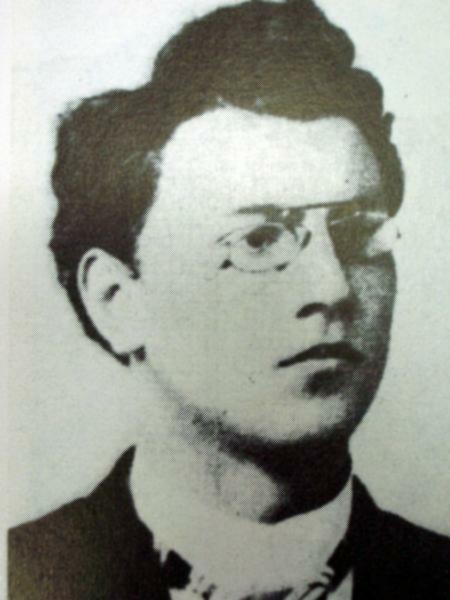Bochníček studied music (piano, organ and composition) in Prague and Munich from 1886 to 1889. He then joined the
chorus of the Neues Deutsches Theater in Prague.
In 1895, Bochníček became a répétiteur first in Stettin, then in Prague, again at the Neues Deutsches
Theater where in 1897, he made his debut as a tenor soloist. Neues Deutsches Theater means New German Theater, of course, it
was the opera house of bilingual Prague's German speaking population; and so Bochníček chose a German alias, Julius
Laubner. In 1900, Bochníček moved to Plzeň/Pilsen for
one season, then to Brno/Brünn for another (he also toured Eastern Europe with that company).
In 1902, he moved back to Prague for just one year, this time to the Národní divadlo (the Czech opera house).
From 1902 to 1907, Bochníček sang at the Imperial Opera in Budapest, where all operas were given in Hungarian,
and he called himself Gyula Bochnicsek.
Bochníček had health problems and therefore stopped singing in 1907. He turned to conducting and worked at the
Prague Varieté Theatre until 1923 (1907–13, 1918–23).
He also composed. His opera Gunaro was well received in Stettin in 1894. A year later, he wrote a Christmas opera for Stettin.
That work achieved great popularity locally.
His tenor repertory included Faust, Jeník, Viték (in Dalibor), Wilhelm Meister, ...
Reference 1: Stanley Henig/John Freestone; reference 2
